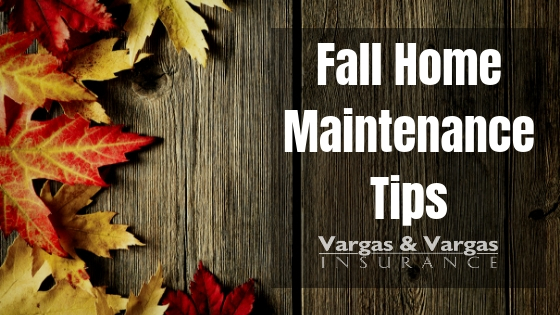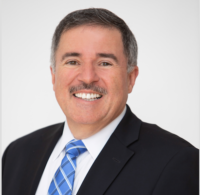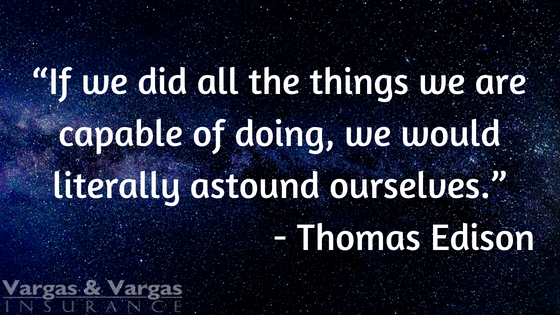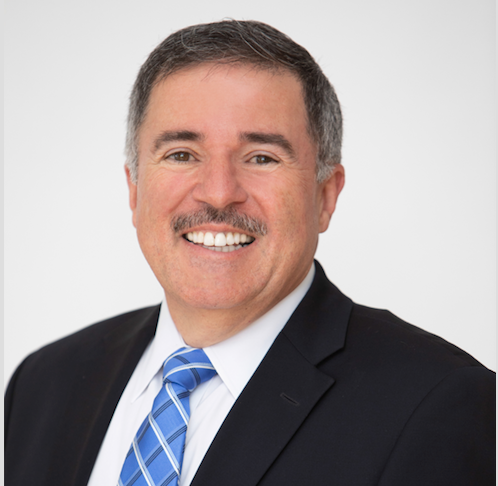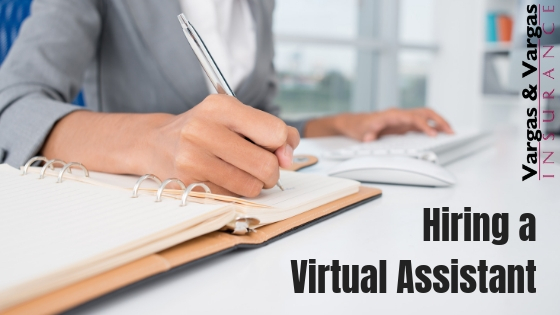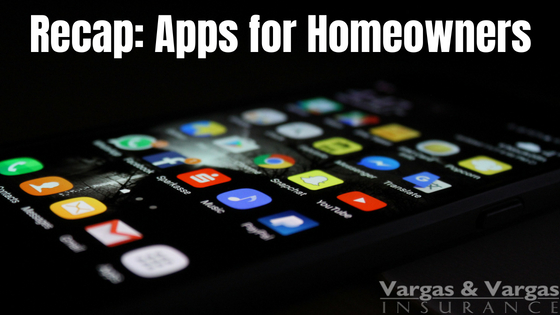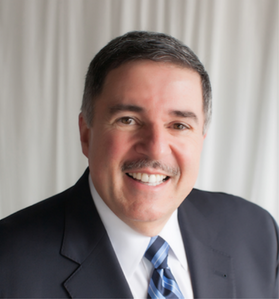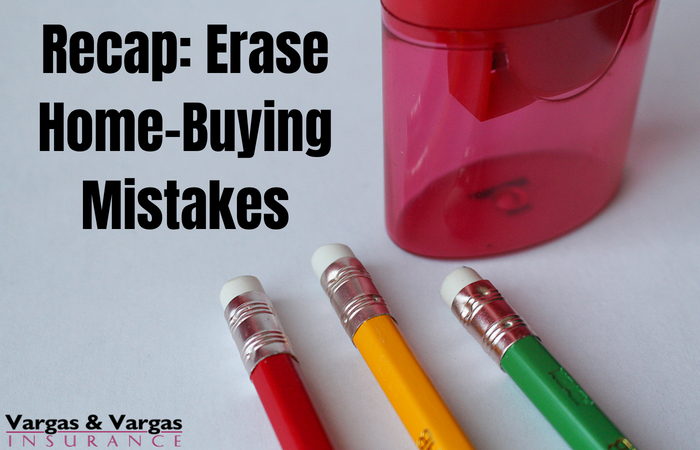
Are you worried about being a safe driver as you age, or do you know someone in Massachusetts that should consider reevaluating their ability to drive? It’s hard for elderly people to lose freedoms, but there is a point at which everyone should really hang up their car keys in the name of safety. If this is a topic that’s been on your mind recently, here are a few things you should consider:
Health Concerns
As a person ages, changes in their mental or physical state could make driving more difficult. Pain or stiffness in the joints can increase reaction time, as well as make it hard to turn the wheel or shift. The stress involved in driving could also aggravate health conditions.
Older drivers also often don’t possess the stamina to take longer trips. This will likely mean shrinking the area in which you or your loved one drives.
Hearing and Vision
As the body ages, many people find it harder to see and hear as well as they once were able. Elderly drivers need to be aware of the safety issues that come with decreased awareness of their surroundings.
Vision conditions that may affect the ability to drive include cataracts, glaucoma, and macular degeneration, among others. Those that feel like their vision is worsening should consult with their optometrist. And (as for any driver) if you wear glasses or contact lenses, always have them on while driving.
Older drivers (especially those with hearing problems) should keep noise in the vehicle at a minimum. This means turning off the radio and discouraging in-car conversations.
Medication Composition
If a senior in your life is still occasionally behind the wheel, make sure that none of the medications that they are taking are inhibiting their ability to drive. Talk to a pharmacist about the ability to drive when prescribed a new medication and avoid driving if a drug’s label warns against operating heavy machinery. Elderly persons should also avoid driving if they feel lightheaded or dizzy, whether the cause is medication or any other reason.
Driving Habits
There are a few things that may start to happen when a person ages that indicate a need for a reevaluation of their ability to drive. These include, but are not limited to:
- Having an increasing number of “close calls” or “near misses” with other drivers
- Multiple instances of hitting objects such as curbs, fences, mailboxes, etc.
- Missing stop signs or running through traffic signals
- A growing number of traffic violations
- Various incidents of being lost in familiar areas or having difficulty navigating
If you see these red flags in your own driving or in the driving habits of a family member, it’s time to have a tough conversation about whether driving is a feasible activity for that person.
Set Limitations
Often, there is a gradual transition between being a safe driver and deciding that driving is no longer safe for a person. Because of this, it is often easiest to gradually restrict a person’s driving. This could mean shortening the radius in which the person in question drives, or limiting the times of day behind the wheel, including eliminating night driving, driving during bad weather or road conditions, and rush hour driving.
If you need to talk to a senior citizen about the need to restrict or give up their ability to drive, make the conversation as easy as possible. Make sure to keep the focus on the safety of the person and other drivers. Be supportive of the person’s willingness to lose some independence and promise to help them navigate the transitional period.
Surrendering a License
At the point when a person can no longer safely operate a vehicle, their driver’s license should be suspended. Visit the Massachusetts RMV website for more information, as well as to learn about how to get a state ID card as an alternative form of identification.
Alternative Transportation
Many people view the inability to drive as a loss of freedom. Thankfully, it doesn’t have to be! There are lots of transportation options available for non-drivers nowadays. Boston has a first-class public transportation system, including busses, trains, and the T, among other options. Ridesharing services like Uber and Lyft are perfect for anyone that can use cell phone apps. The elderly can also investigate the availability of volunteer transportation programs in their neighborhood. The City of Boston’s Elderly Commission may be a good place to start for researching these options.
Elderly Bostonites who are still behind the wheel may wish to inquire about the need for increased car insurance coverage. And it doesn’t matter whether you are a young driver or an elderly driver – you need a top-notch Massachusetts auto insurance plan for your vehicle. If you think you’re paying too much for your current policy, call Vargas and Vargas Insurance Agency 617-298-0655 for a free quote. Our insurance experts can help get you a quote with great coverage and a great price.




